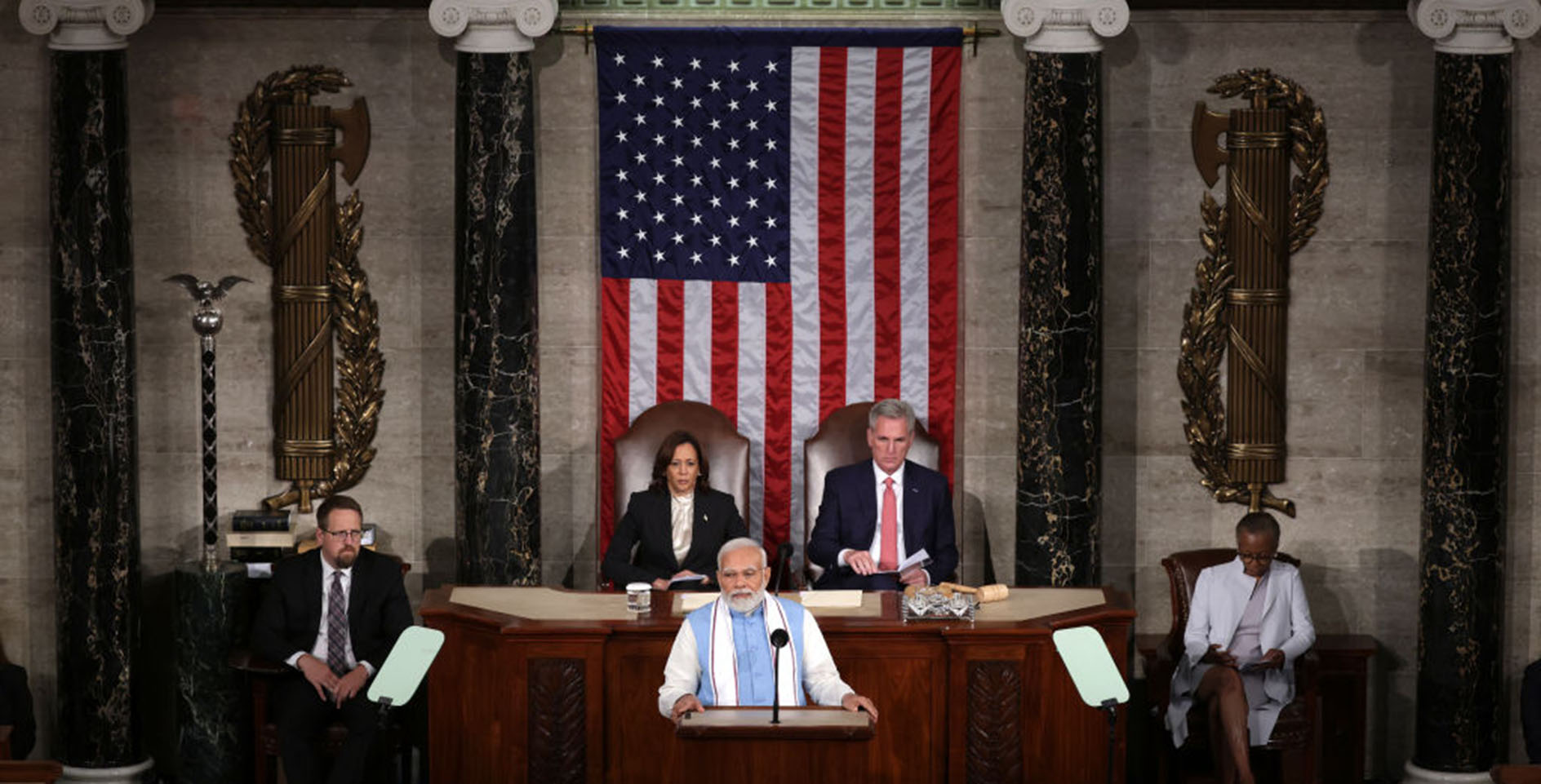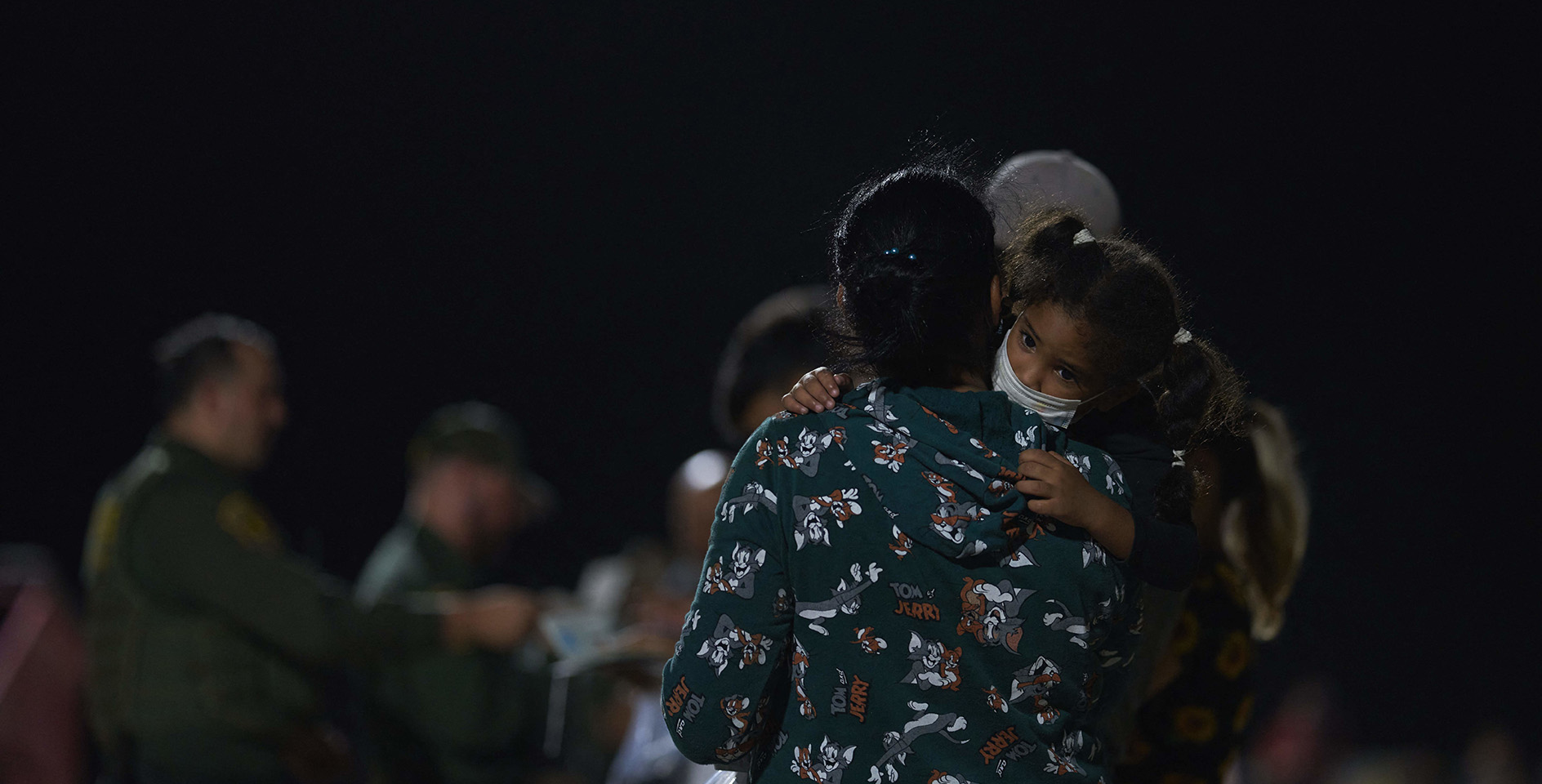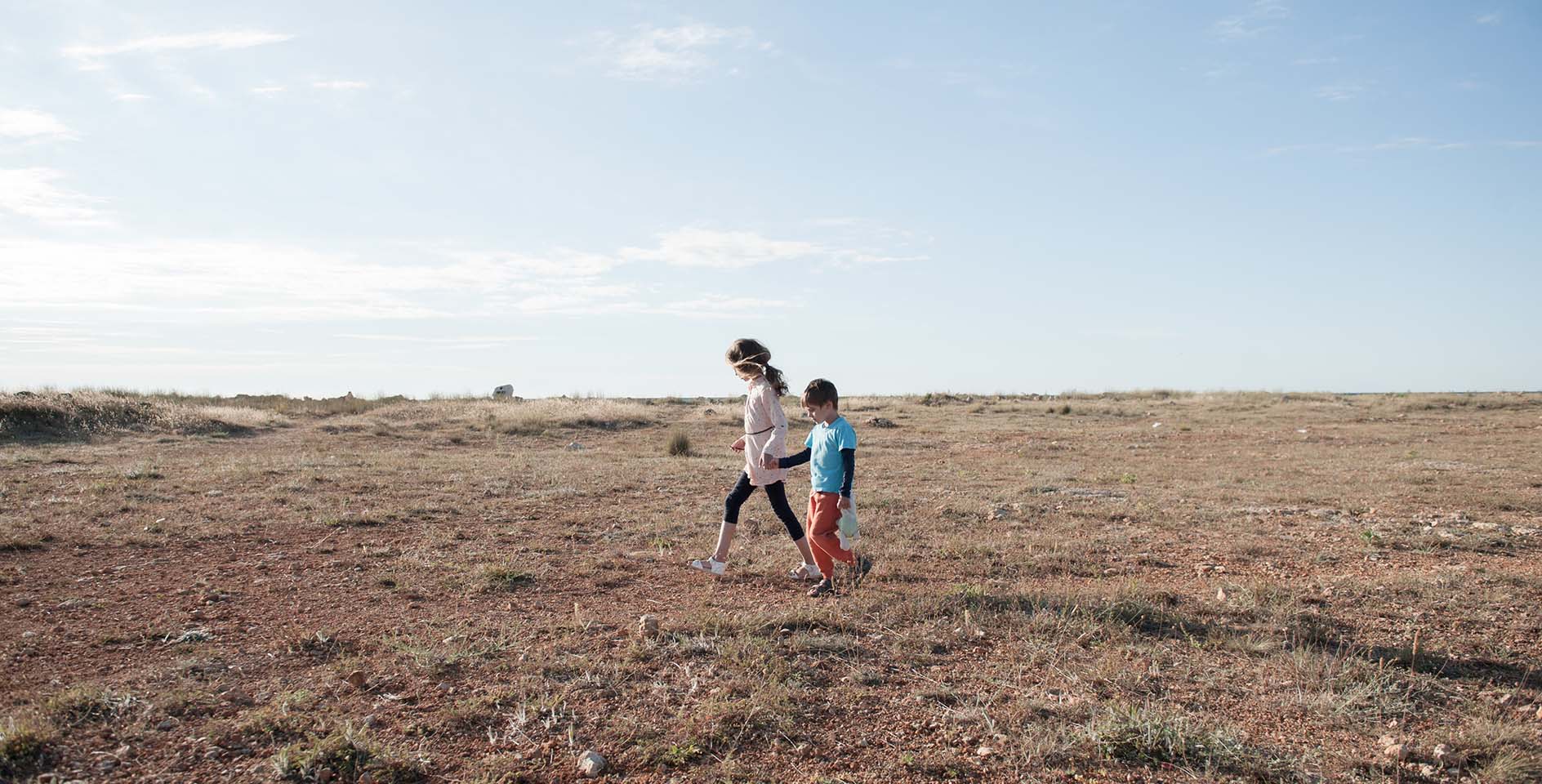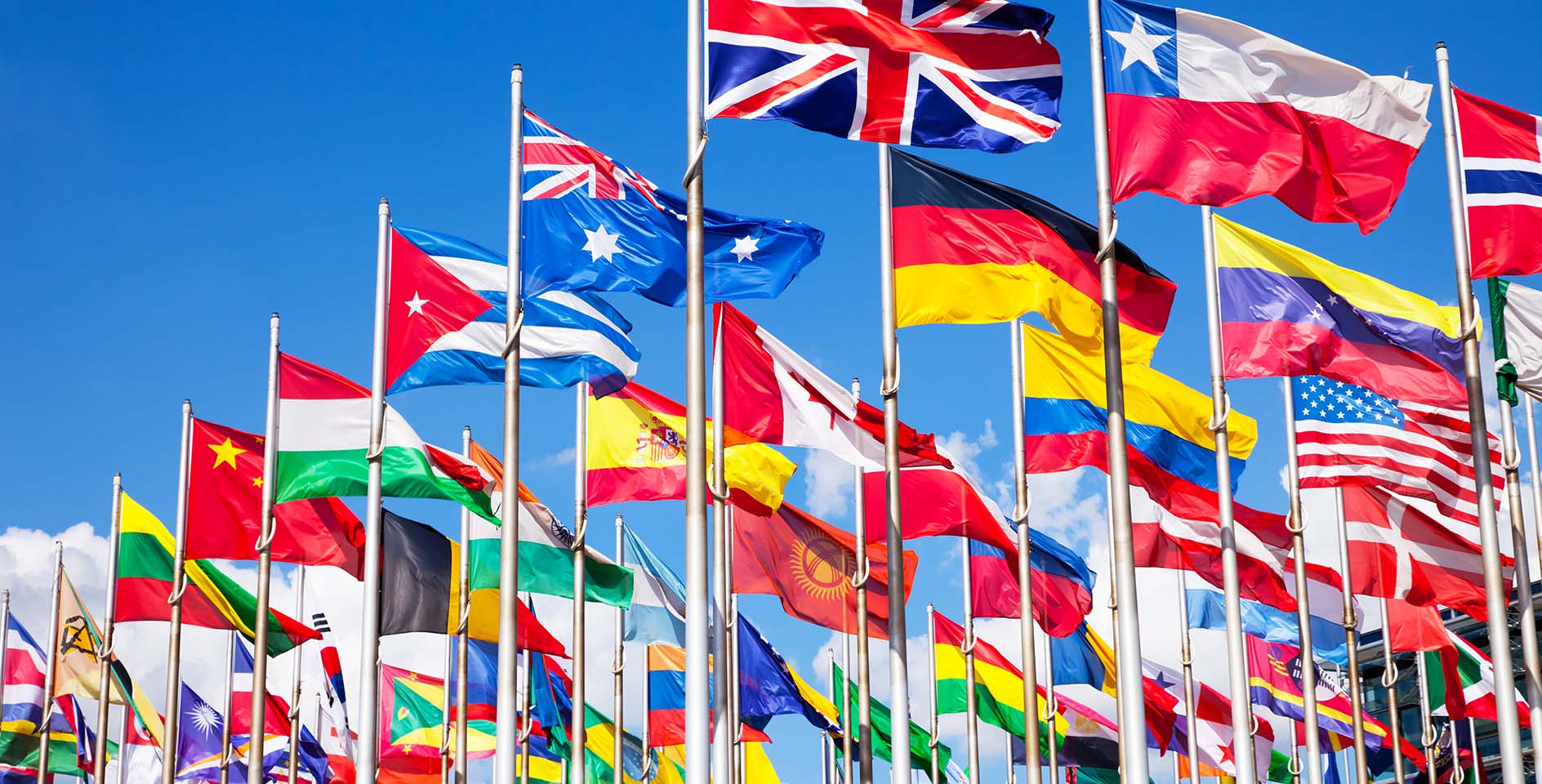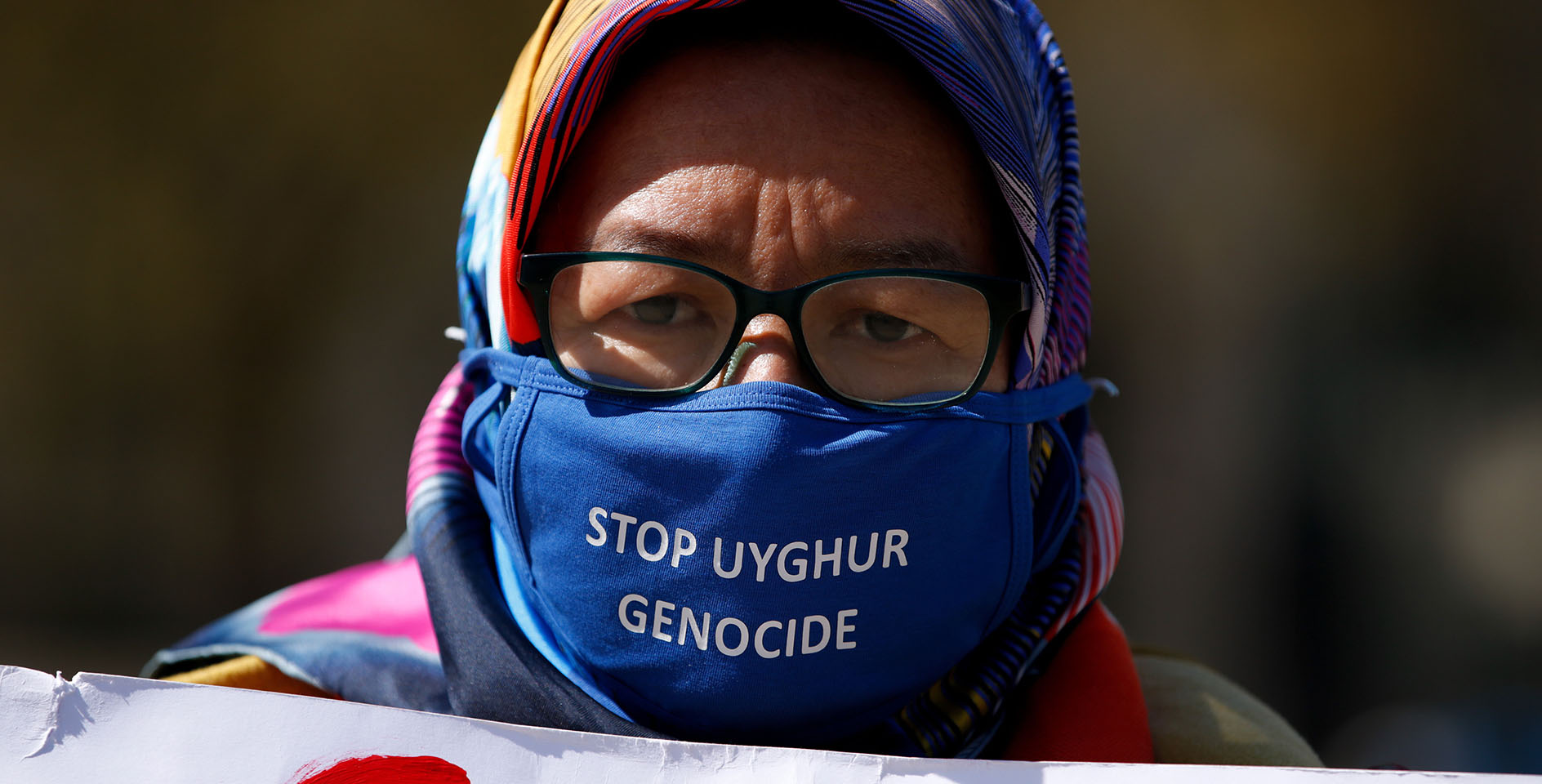Every Monday, we bring you the top five international stories of the week, with a particular emphasis on religious liberty, justice issues, and geopolitical issues that affect liberty and justice.
1. Egyptian Parliament finally passes church construction reform law. The new law gives the authority to approve new churches to provincial governors, at least on the surface limiting the role of Egypt’s security apparatus, known as the “deep state.” The security services have been negotiating with government officials and the Coptic Church to preserve its role in approving new churches in the name of maintaining social tranquility. However, many human rights activists criticized the law, which is more restrictive for church construction than for mosques. For instance, the new law limits church size to official records of the number of Christians in the area; Christians have long complained that they are underrepresented in Egyptian census data. The new law is an important step, and the extent to which it will result in greater religious freedom depends on its implementation over the coming months and years.
2. Uzbekistan’s President-for-Life dies from stroke . . . maybe. Reports from a Central Asian news agency early this week indicated that Uzbekistan’s first—and only—president died early this week. But the story immediately became more complicated as the Uzbek government made no public confirmation of Islam Karimov’s death. On Wednesday, President Karimov’s youngest daughter posted on Instagram that her father was alive and well. Karimov was one of the world’s most brutal dictators, and Uzbekistan has a perennial place on lists of the worst offenders of human rights, including religious freedom. As rumors swirl about potential successors, let us hope that the next president is reform-minded and provides greater freedom for Uzbeks.
3. Violence erupts in Gabon over contested presidential election. Gabon’s incumbent president Ali Ben Bongo narrowly won the election—49.8 percent to 48.2 percent—triggering allegations of fraud from the challenger, Jean Ping. Three people have been killed, and more than 1,000 people have been arrested as a result of the clashes. Serious questions have been raised about the election, in which 99 percent of registered voters in one province voted for Bongo by a margin of 95.5 to 4.5. Bongo’s father was president for 41 years, many of which were marred by allegations of corruption and abuse of power. The situation in Gabon remains tense, and it is unclear whether Ping supporters will be willing to accept the election results.
4. Chief propagandist of so-called Islamic State is dead. Abu Muhammad al-Adnani was apparently killed in a coalition airstrike in Al-Bab, Syria, close to the Turkish border. Al-Adnani was the “voice of ISIS,” responsible for making some of the organization’s most repugnant comments. In 2014, al-Adnani issued this infamous call to Western sympathizers of ISIS: “If you are not able to find an I.E.D. or a bullet, then single out the disbelieving American, Frenchman, or any of their allies. Smash his head with a rock, or slaughter him with a knife, or run him over with your car, or throw him down from a high place, or choke him, or poison him.” However, some analysts predict that the media organization al-Adnani constructed will live on past his death.
5. U.S. reaches milestone of resettling 10,000 refugees to American soil. To ease the integration into American life, the refugee families were settled in areas where there is already a Syrian immigrant population and in areas where the cost of housing is low and jobs are available. The NY Times has an interesting infographic detailing where families were ultimately resettled. San Diego has accepted more Syrian refugees than any other city since 2012. In St. Louis this year, the Southern Baptist Convention passed a resolution urging churches and families to “welcome and adopt refugees into their churches and homes.”
Bonus longread: Saudi Arabia, Both firefighter and arsonist.
Have suggestions for a top five article this week or think there’s an issue we should be covering? Email me at [email protected].





